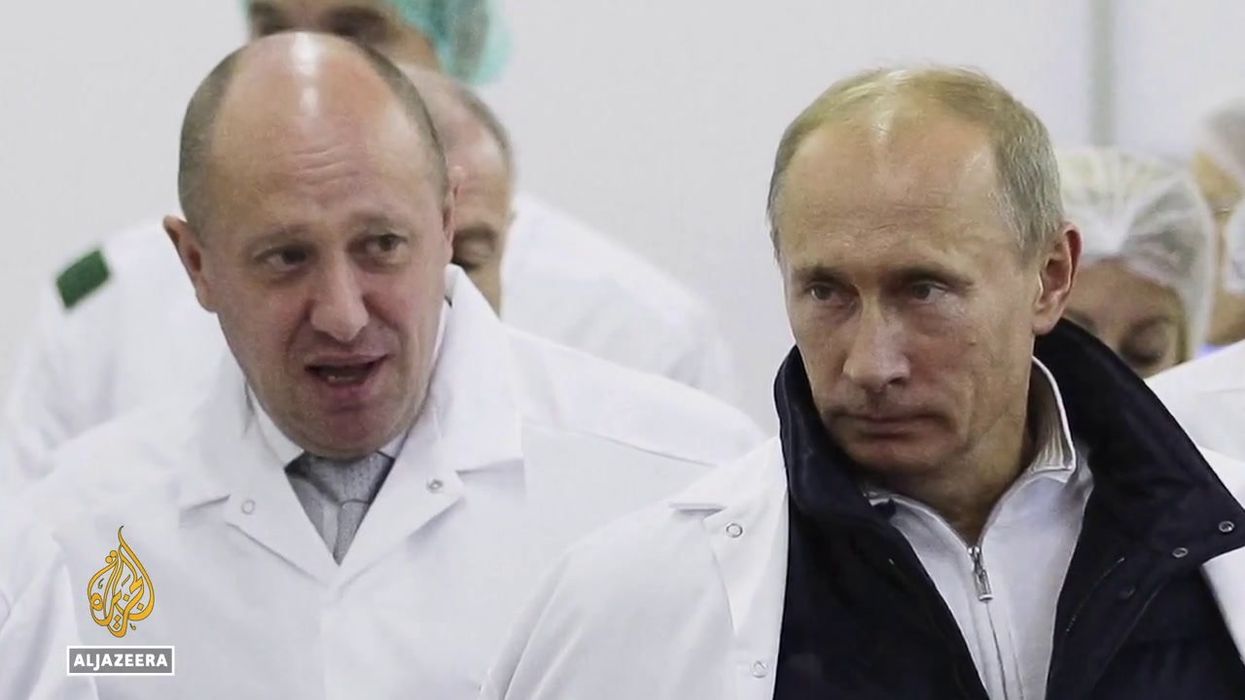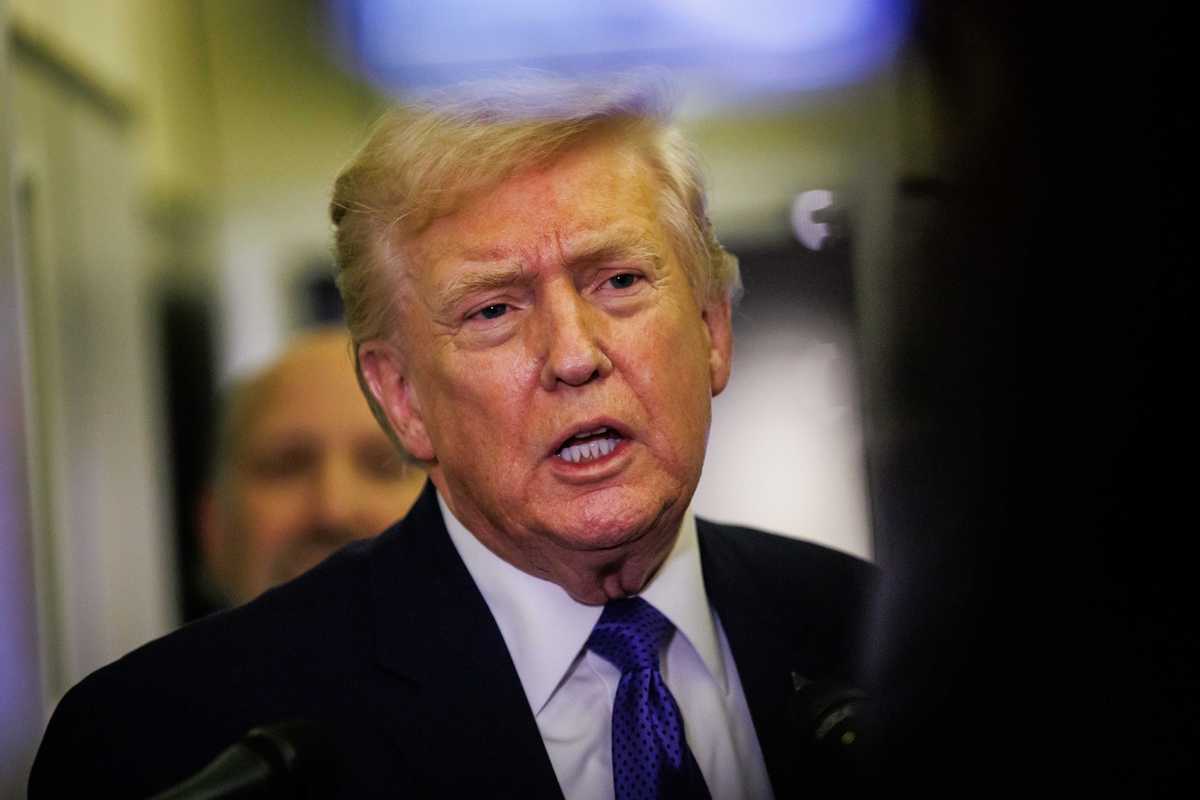Before this weekend, you could be forgiven for not knowing the name Yevgeny Prigozhin.
And yet, within 24 hours, he’s become one of the most widely spoken about men on the planet.
The leader of the Wagner mercenary army group led an assault on Russia yesterday which threatened to topple Vladimir Putin from power and spark a civil war.
However, come 8pm (local time), Prighozhin had announced that he’d ordered his troops to halt their march on the capital, putting an abrupt end to the attempted coup.
Sign up for our free Indy100 weekly newsletter
So who exactly is the man behind the rebellion? How did he turn from being Putin’s pet to biting the hand that fed him? And what exactly does his Wagner group do?
Here’s a look at some alarming facts about the 62-year-old warlord and his private army.
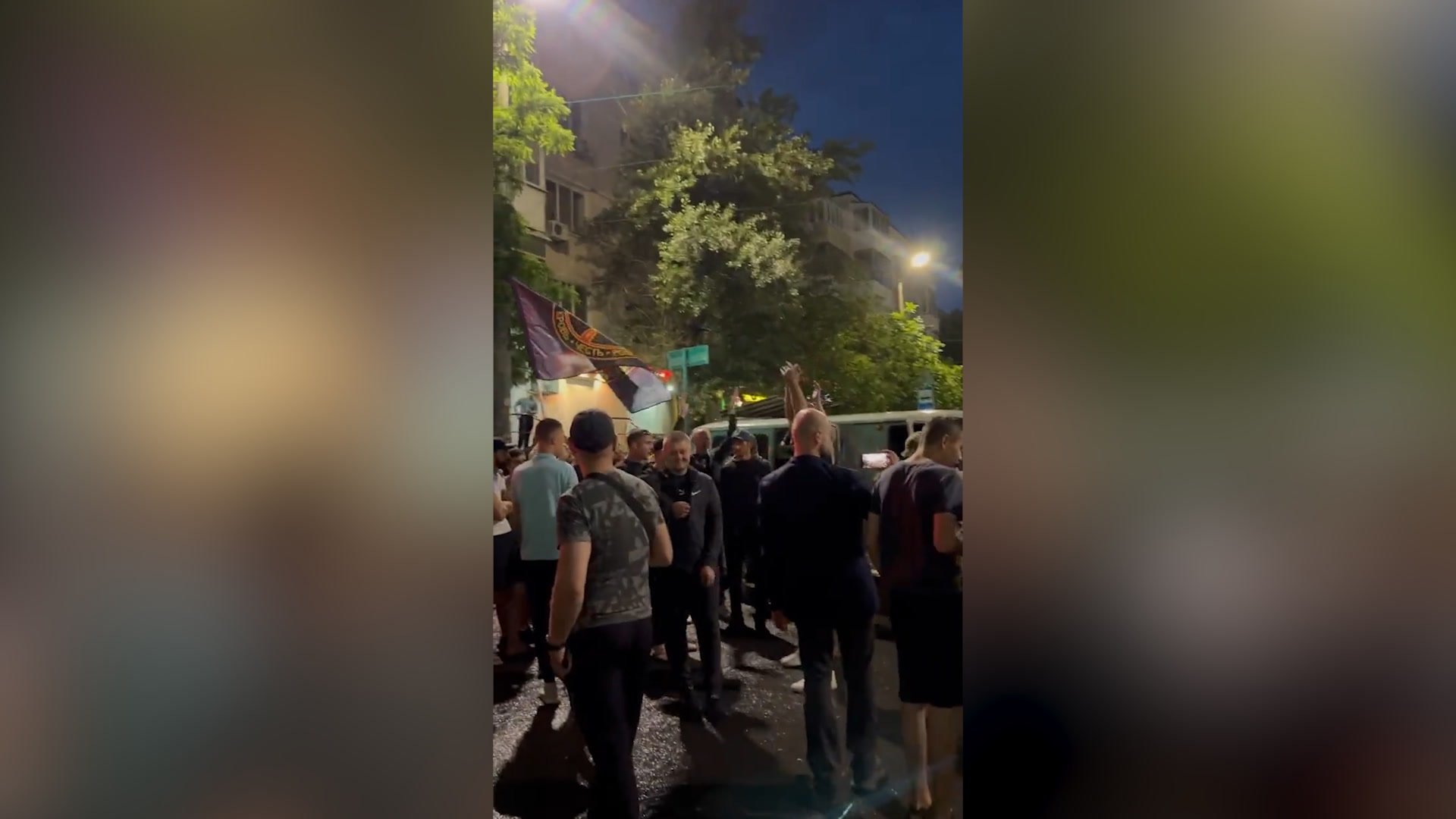
A teenage thug
Prighozhin, much like the Russian president, was formed by the rough and tough streets of Soviet-era Leningrad – the city now known as St Petersburg.
As a teen, he and his friends carried out a number of robberies and assaults, the worst of which occurred one evening in 1980, as The Times reports.
The gang attacked a woman in the street and, according to court documents, Prighozhin choked her until she lost consciousness, just so that they could get their hands on her gold earrings.
He was eventually arrested and sentenced to 13 years in jail but was released in 1990, just as the Soviet Union was beginning to break down.
He decided to turn away from petty crime and set his sights on a new enterprise: selling hot dogs.
Putin’s chef
Putin’s dream of feeding bratwurst and buns to the Russian elite proved to be a stunningly lucrative one.
The roubles poured in thick and fast, enabling him to acquire a stake in a chain of supermarkets and open his own restaurant.
Notorious Russian politician Anatoly Sobchak was a regular. As was his deputy, a young KGB officer by the name of Vladimir Putin. And, in him, Prighozhin saw a kindred spirit.
The two became close allies and Prigozhin soon became known as “Putin’s chef” thanks to his company's numerous Kremlin catering contracts.
This may all sound relatively innocuous until you realise what came about as a result of the partnership.
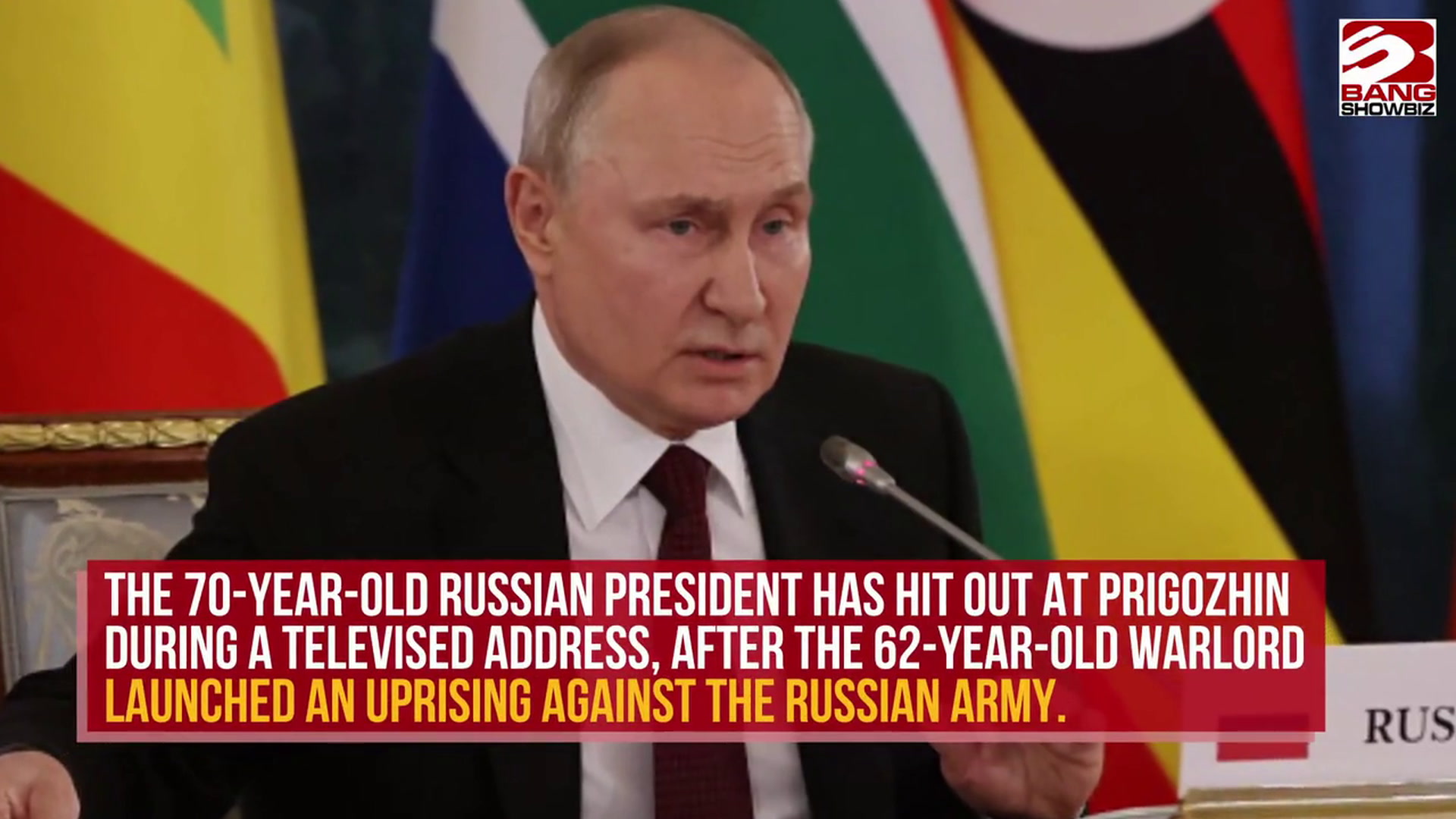
The birth of Wagner
After years of providing food to the Russian military, Prigozhin pitched a plan to Putin on how to promote Russia’s interests around the world without implicating the Kremlin, according to The Times.
And, thus, in 2014 – the year Russia annexed Crimea from Ukraine – the Wagner group was born.
Leadership of the private military group was left to Dmitry Utkin, a neo-Nazi and former officer in the GRU, Russia’s military intelligence service.
Indeed, such was Utkin’s importance to the whole operation, the group took its name from Richard Wagner – his and, famously, Adolf Hitler’s, favourite composer.
Brutal war games
Officially, Wagner didn’t exist because private military companies were banned in Russia. However, clearly this didn’t matter to Putin, Prigozhin or Utkin, with the group sending fighters to the eastern Donbas region of Ukraine to help enforce separatism in the region.
Wagner then travelled to Syria to support ruthless dictator Bashar al-Assad in his country’s civil war.
Utkin allegedly ordered his men to film a captive being pummelled with a sledgehammer to instil terror among Assad’s opponents.
Prigozhin then decided to take a more modern approach to warfare: setting up an internet “troll farm” in St Petersburg to target the West.
This was widely accused of trying to amplify political divisions in the US by encouraging voters to back Donald Trump in the 2016 presidential election.
As a result, in 2018, America indicted Prigozhin for “meddling” in the election and imposed sanctions on a number of his companies.
Meanwhile, the hotdog-mogul-turned-warlord had been advising the then Sudanese president Omar al-Bashir (who, by the way, had been charged with multiple counts of genocide) on how to use social media to discredit his detractors.
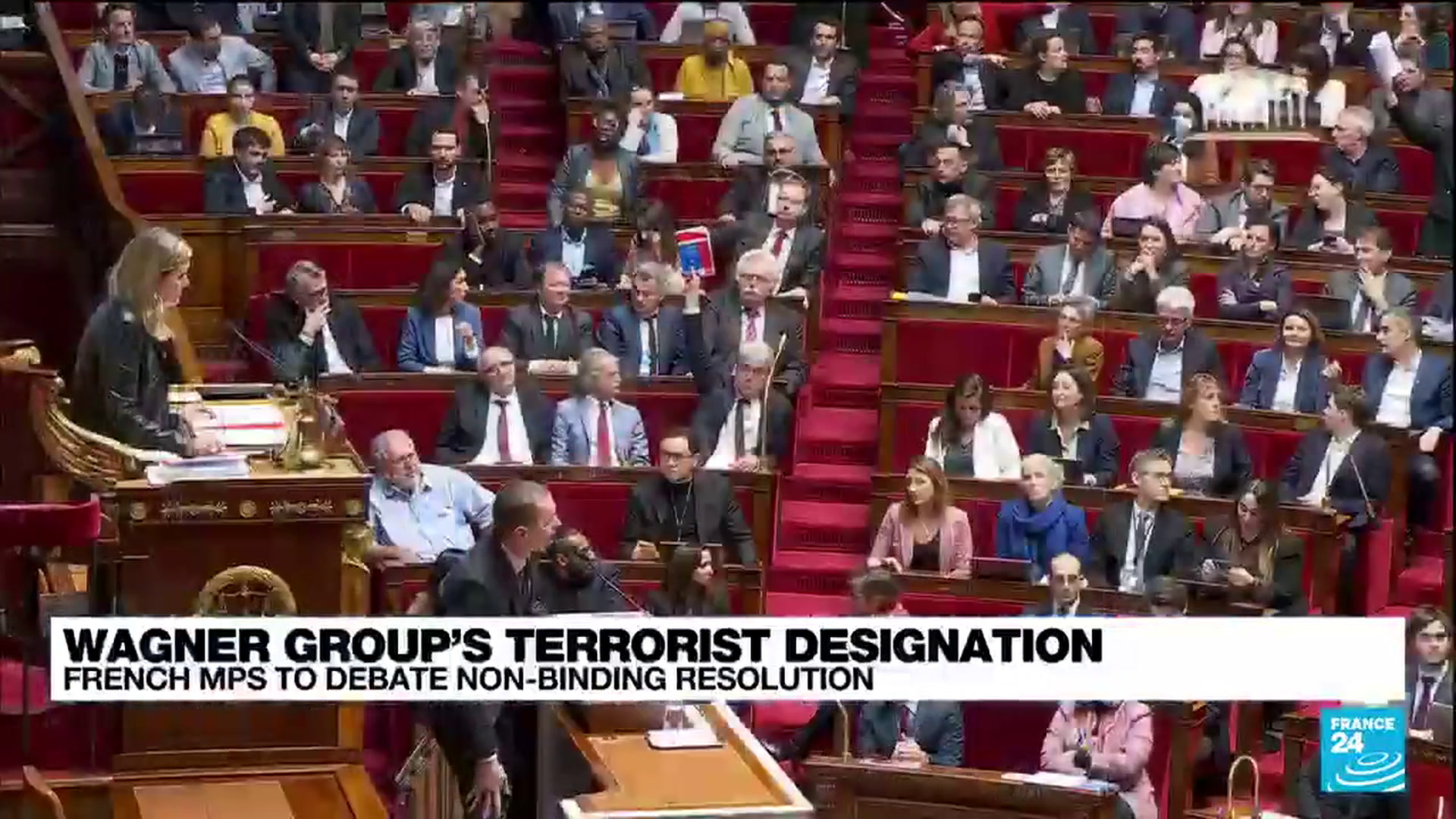
Wagner’s horrifying reputation
Wherever the Wagner group goes, horror soon follows.
The troops are accused of committing unspeakable atrocities, including theft, torture and sexual assault.
In May last year, the men stormed a maternity hospital in Bangui, capital of the Central African Republic, where they raped health workers and new mothers.
In 2018, three Russian Journalists who were investigating their activities in the region were murdered.
In January this year, the UN accused Wagner of war crimes against civilians in Mali, including the execution of hundreds of people who were killed after being forced to dig their own graves.
And yet, it’s not just contracted targets who suffer brutality at the hands of the Wagner group. The men have no qualms about turning on each other.
When a video surfaced online showing members of the private army beating one of their comrades to death with a sledgehammer, Prigozhin responded by dismissing it as a “dog’s death for a dog”, according to The Times.
The victim had been captured by the Ukranians and returned to Wagmner as part of a prisoner exchange.

Perhaps it’s unsurprising that such acts of savagery take place among its ranks, given that Wagner actively recruits from prison inmates, including those convicted of committing the worst possible crimes.
In September 2022, a secretly recorded film showed Prigozhin standing in a prison courtyard attempting to recruit fighters for Putin’s “special operation”.
His pitch was as follows: fight for six months and receive a pardon, run away and you’ll be executed.
Wagner has recruited more than 20,000 prisoners since then.
So what's next for Prigozhin and his troops?
Prigozhin declared on Saturday night that he had ordered his mercenaries to retreat to their field camps in Ukraine to avoid shedding Russian blood.
He defended his actions by insisting that they were a response to an attack on Wagner camps in Ukraine by rival forces from the Russian military.
However, the US has intelligence that Prigozhin had been building up his forces near the border with Russia for some time.
The military preparations raise questions about his explanation as to why he seemingly spontaneously sent his forces into Russia and whether he had instead long been planning a challenge to Russia’s military leadership.
Prigozhin will now move to Belarus under a deal brokered by the country's president Alexander Lukashenko.
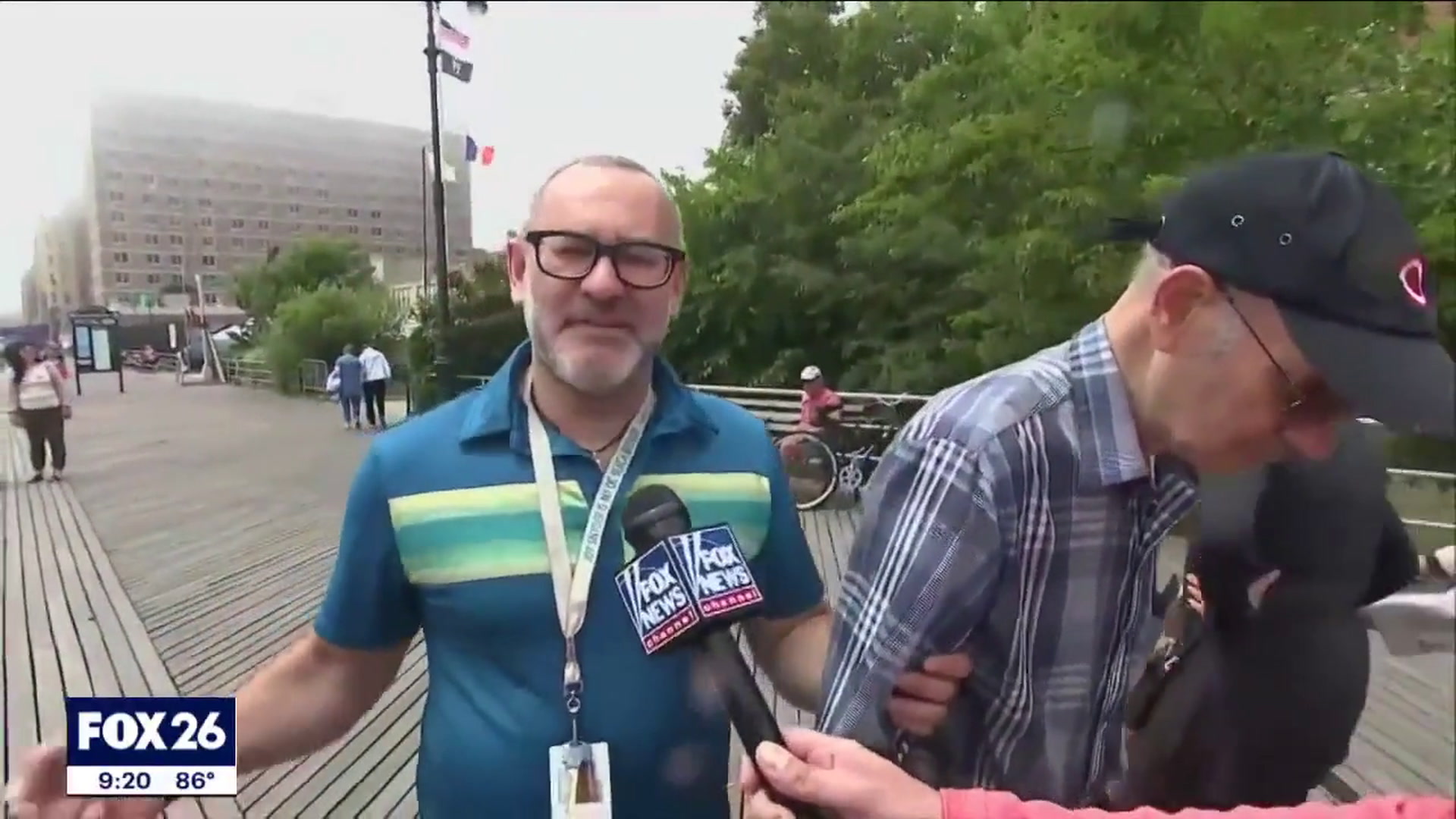
Kremlin spokesman Dmitry Peskov told reporters Lukashenko had offered to mediate, with Putin's agreement, because he had known Prigozhin personally for around 20 years.
Peskov said the criminal case that had been opened against Prigozhin for armed mutiny would be dropped, and that the Wagner fighters who had taken part in his "march for justice" would not face any action, in recognition of their previous service to Russia.
Fighters who had not taken part would sign contracts with the Defence Ministry, which has been seeking to bring all autonomous volunteer forces under its control by July 1.
Although Putin had earlier vowed to punish those who participated in the mutiny, Peskov said the agreement had had the "higher goal" of avoiding confrontation and bloodshed.
Peskov declined to say whether any concessions had been made to Prigozhin, other than guarantees of safety for him - something he said Putin had given his word to vouch for - and for Prigozhin's men, to persuade him to withdraw all his forces.
He called the events of the day "tragic".
Have your say in our news democracy. Click the upvote icon at the top of the page to help raise this article through the indy100 rankings.
